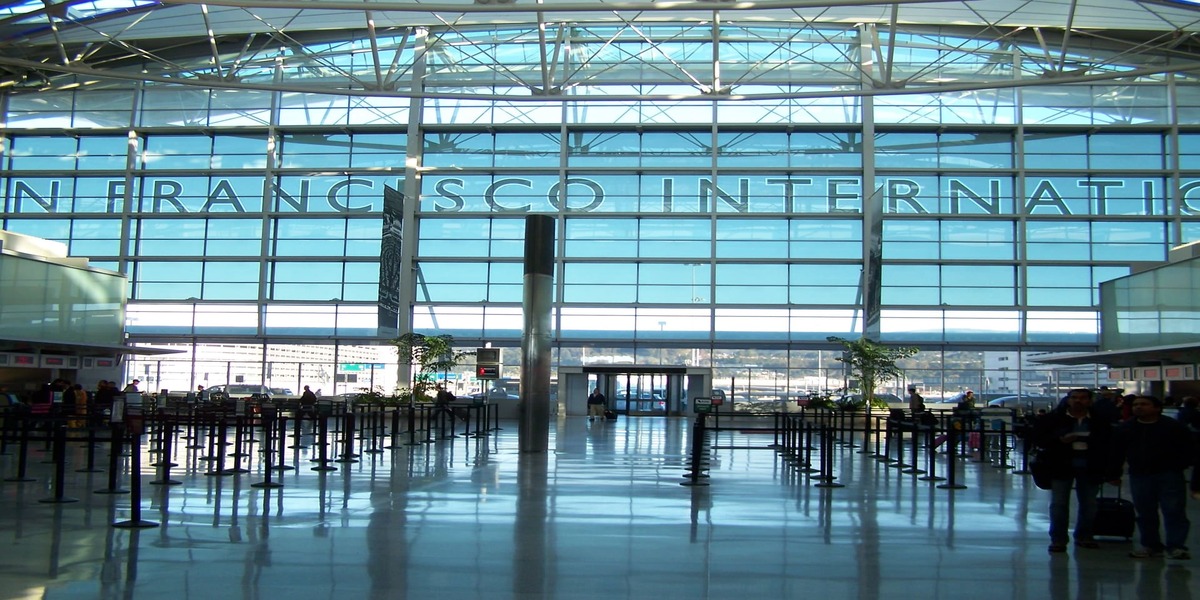Over the past two years, updates to the Henley Passport Index have helped us understand a world disrupted by the pandemic. COVID-19 travel restrictions showed the growing gap between rich countries (Global North) and poorer countries (Global South). Each update highlighted how much harder it was for people from the Global South to travel freely.
The latest ranking now shows the impact of a different kind of crisis: war.
Russia’s War on Ukraine and Its Effect on Travel
Six weeks after Russia invaded Ukraine, the effects on travel and mobility have been worse than most experts predicted. The Henley Passport Index shows that the war has had a major and possibly permanent effect on freedom of movement in the region, creating a new “Iron Curtain.”
The invasion caused Europe’s worst refugee crisis since World War II, with over 4 million Ukrainians fleeing
to neighboring countries in just six weeks.
In response, the EU, US, Canada, and other Western countries closed their airspace to Russian airlines, banned Russian citizens from traveling, and in many cases stopped processing visa applications, as seen recently in the Czech Republic and Slovakia.
These sanctions have made the Russian passport very weak, isolating the country like it hadn’t been since the Cold War. Experts expect that the Russian passport will lose even more visa-free access in the coming years.
In contrast, the EU approved an emergency plan letting Ukrainians live and work in any of its 27 member states for up to three years. Many other Western countries have also eased visa rules for Ukrainians or removed visa requirements completely.
For example, Ireland recently removed visa requirements for Ukrainian citizens, which was widely welcomed. The UAE tried to cancel its visa-free access for Ukrainians but reversed the decision two days later after international criticism.
Ukraine’s Passport Strength
Ukraine now has a visa-free/visa-on-arrival score of 143, its highest ever, ranking 34th on the Henley Passport Index. Over the past five years, Ukraine has moved up 26 places, thanks to visa-free access to Europe’s Schengen Area granted in 2017.
Russia ranks 49th with a score of 117. The gap in global mobility between the two countries is expected to grow as the war continues.
Globally, Japan and Singapore share the top spot, with access to 192 countries without a visa (not counting temporary COVID restrictions). Germany and South Korea are joint 2nd, with access to 190 countries. Finland, Italy, Luxembourg, and Spain are 3rd, the UK is 5th (score 187), the USA is 6th (score 186), and Afghanistan remains last with access to only 26 countries.
Global Mobility Gap Widening
The latest rankings show a huge difference in travel freedom between wealthy, peaceful countries at the top and poor, conflict-affected countries at the bottom. The gap between the top and bottom passports is now 166 points, and it may grow further.
Countries that faced conflict have dropped in rankings over the past decade. Yemen fell 16 places to 108th (score 33), and Syria fell 14 places to 110th (score 29).
The UAE is a notable success story, rising from 64th place to 15th in 10 years, with a score of 175.
Growing Demand for Investment Migration
In today’s uncertain world, demand for investment migration programs is increasing. These programs allow people to gain residence or citizenship through investment. Countries offering them often rank high on the index.
Malta ranks 7th (score 185). Passport holders from St. Kitts and Nevis can travel to 156 countries without a visa, and Montenegro passport holders can access 123 countries, including all Schengen countries and Turkey.
Henley & Partners reports an 80% increase in inquiries over the past 12 months. Wealthy investors are seeking more secure travel options and global access as a hedge against political and market instability.
This article was contributed by expert Dr. Juerg Steffen.
Frequently Asked Questions by Dr. Juerg Steffen
Q1. What is global mobility?
Global mobility is the smooth movement of people across countries for work. Companies can relocate employees as needed, giving workers more options and companies access to a global talent pool.
Q2. How is global mobility different from global migration?
Global migration is the general movement of people across borders for work or life changes. Global mobility focuses on smooth, work-related relocations.
Q3. What is the Henley Passport Index?
The Henley Passport Index ranks the world’s passports by how many countries the holder can visit without a visa. It uses data from the International Air Transport Association (IATA) and ranks 199 passports for 227 destinations.
Q4. Is the Henley Passport Index reliable?
Yes. It is widely used as the standard tool to measure passport strength for global travel. The rankings are updated quarterly and are considered very accurate.

